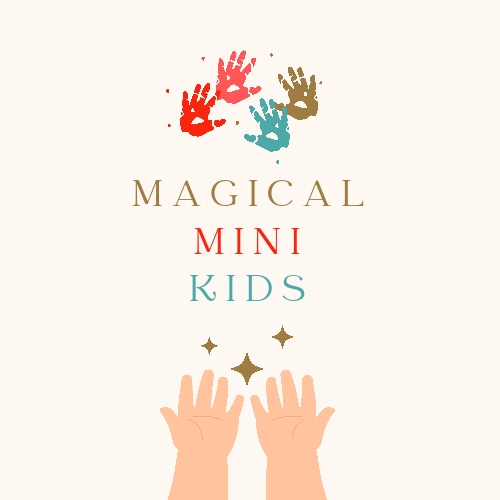Understanding the alphabet is a crucial step in developing reading skills. Without recognising the printed letters on a page, children can't read words or grasp their significance.
Alphabet knowledge involves being able to name the letters, recognise the sounds they produce, and identify their shapes in print. Consequently, mastering the alphabet is vital for children's future literacy development.
It also develops their confidence in becoming effective learners, paving the way for reading and writing skills. Understanding the alphabet enhances cognitive growth by improving memory, focus, and problem-solving skills, whilst also helping children to link sounds to symbols.
Parents and educators can support this process by concentrating on one letter at a time, using alphabet songs, games and storybooks, and integrating letters into play activities. Young learners might find it challenging to recognise letters in written form.
Additionally, it’s important for children to associate each letter's sound with its written representation, as this connection is vital for mastering the alphabet. Familiarity with the sounds of each letter lays a strong groundwork for various tasks, from reading to writing, fostering self-assured learners.
Keep in mind: that each child learns at their own pace. If your child seems to be lagging behind, it could simply be a matter of interest, or a temporary hurdle. However, if you believe your child is genuinely struggling, seeking professional guidance can be beneficial.
When should my child start learning the alphabet?
Most children begin letter recognition between ages 2–4, and by preschool (3–5 years) they often start practising letter names and sounds. Early exposure through playful activities helps build confidence before formal reading instruction.
How can I help my child recognise letters at home?
Incorporate hands-on activities like letter tracing, alphabet puzzles, and sensory play (sand, play dough, or finger paints).
What activities improve alphabet knowledge for preschoolers?
- Alphabet tracing sheets: Practice writing letters.
- Letter matching games: Match uppercase and lowercase letters.
- Alphabet songs and stories: Reinforce recognition through repetition.
- Play-based activities: Incorporate letters into crafts, scavenger hunts, or blocks.
Why is alphabet knowledge important?
Understanding letters is a key predictor of reading success. Children who know letter names, shapes, and sounds have an easier time decoding words and building strong literacy skills.
How can I make learning the alphabet fun?
Keep sessions short and playful, mix in songs, games, and art, and celebrate small wins.
Hands-on resources like our Early Literacy Activities Collection make learning interactive and engaging for preschoolers and kindergarteners.
Keep the learning going with our Free Printable Activity Sheets!

